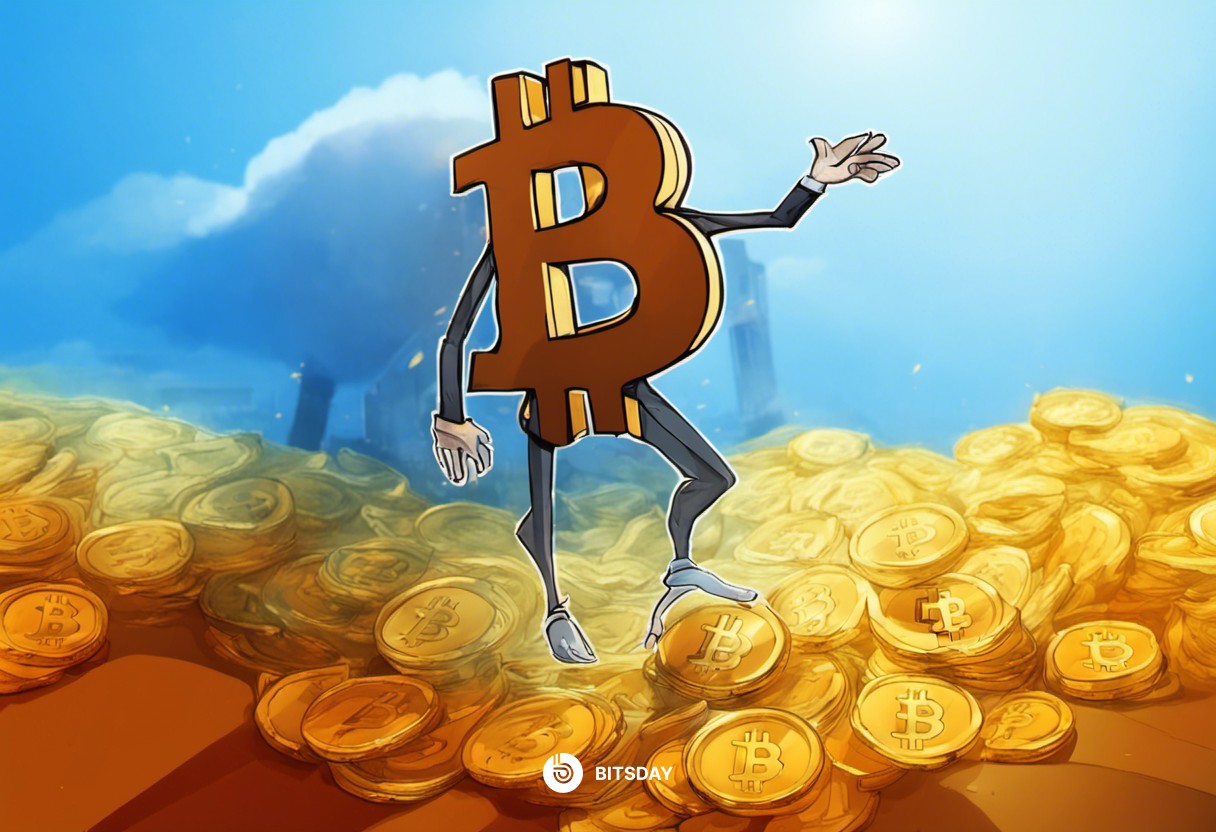Crypto Currents: Navigating the Digital Financial Landscape

Billionaire investor Stanley Druckenmiller, in a rather extensive interview conducted by hedge fund manager Paul Tudor Jones on the last day of October, shared his musings on Bitcoin. He began by applauding Bitcoin for having established itself as a recognizable entity over the past 15 years, though he found it noteworthy to point out that he currently did not possess any Bitcoin in his portfolio. He did, however, ponder the idea that he probably should consider it.
During their extensive discussion, Druckenmiller went on to draw intriguing parallels between Bitcoin and gold, both regarded as stores of value. He emphasized his age as he confessed to owning gold, highlighting its millennia-long reputation as a store of value. He found it fascinating that Bitcoin had gained popularity, particularly among the younger generation, due to its ease of use in transactions. In his eyes, Bitcoin had evolved into a "brand" over the course of 17 years. He expressed his appreciation for both assets, even though, at the time, he had chosen not to hold Bitcoin, but he did suggest that it might be a worthwhile consideration for him.
Stanley Druckenmiller is one of the most successful hedge fund managers on Wall Street and is worth $6,200,000,000.
— Documenting ₿itcoin ???? (@DocumentingBTC) October 30, 2023
He says, “Young people look at #bitcoin as a store of value. It’s a brand. I like it. I dont own any, but I should”pic.twitter.com/DXjrnvE1Qc
As the conversation delved deeper, Druckenmiller revealed that he had owned Bitcoin previously. However, he disclosed in a September 2022 interview that he had chosen to divest himself of it due to the tightening measures imposed by central banks, a decision that added a layer of intrigue to his stance on the cryptocurrency.
Furthermore, he raised an interesting point about the digital asset sector, suggesting that it could thrive if people were to lose trust in the central banking system. As an example, he pointed to the Bank of England's experience when the British pound took a significant hit in mid-2022. It was an intriguing perspective that added complexity to the discussion.
Druckenmiller's illustrious background came into the spotlight as well. He founded Duquesne Capital Management in 1981, an endeavor that yielded an extraordinary average annual return of 30%, a track record that boasted an absence of down years. His investment philosophy, rooted in holding both long and short stock positions and strategically using leverage for futures trading during market fluctuations, provided a deeper understanding of his approach to financial markets.
Moreover, Druckenmiller expressed an optimistic outlook on blockchain technology, envisioning a future in which a ledger-based system could potentially replace the United States dollar as the world's reserve currency. This futuristic perspective added a layer of futurism to the interview.
In 2021, Druckenmiller offered an intriguing analogy, comparing Ethereum to "Myspace before Facebook" and making a bold prediction that Ether would eventually surpass Bitcoin, injecting a touch of foresight into the conversation.
Charlie Munger has called bitcoin Rat Poison.
— 10-K Diver (@10kdiver) July 2, 2021
Warren Buffett has called it Rat Poison Squared.
But here's the thing.
If Rat Poison is a BIG *negative* (eg, -1,000,000), shouldn't Rat Poison Squared be an EVEN BIGGER *positive* (eg, +1,000,000,000,000)?
It's just math, folks! pic.twitter.com/UYobxYU08L
While the tide on Wall Street has shifted towards Bitcoin over the past year, evidenced by the surge in proposed Bitcoin exchange-traded fund applications from major financial firms, it is important to note that the cryptocurrency industry still faces its share of critics. Seasoned investors such as Warren Buffett and Charlie Munger have maintained a consistent stance, dismissing Bitcoin and cryptocurrencies as "rat poison" and an asset class devoid of value, an aspect that adds a layer of contrast to the ongoing debate within the financial world.
Read more about: Cryptocurrency Chronicles: South Korea's Rise to Global Prominence

Trending



Press Releases

Deep Dives







